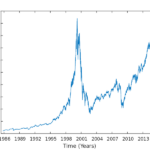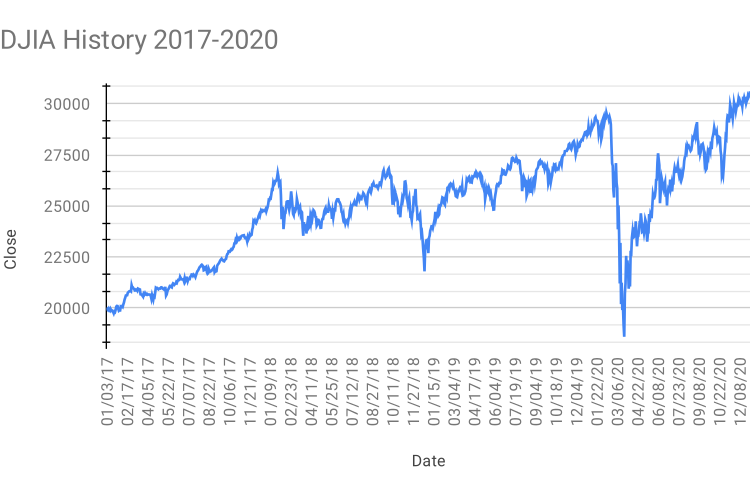Pentagon officials open up about potential threats as China’s presence in orbit grows and Russia shows interest in gear that can destroy satellites
- The U.S. military is focusing on defending its interests in space as threats from Russia and China grow
- Defense companies are developing systems to protect satellites and ground stations
- Pentagon officials are openly discussing potential weapons that hostile nations might use in space warfare
- The Space Force is training its Guardians to maneuver satellites and predict adversary actions
- The U.S. is investing in space-based arms and capabilities to maintain space superiority
The U.S. military is ramping up its efforts to defend its interests in space as the threats from Russia and China continue to grow. Defense companies are working on developing systems that can protect satellites and ground stations, which are crucial for national defense and global communications. Pentagon officials are also breaking from tradition and discussing openly the potential weapons that hostile nations might use in space warfare. The Space Force, the newest military branch, is training its Guardians to maneuver satellites and predict adversary actions. Additionally, the U.S. is investing in space-based arms and capabilities to maintain space superiority. With the increasing importance of space in both military and civilian applications, it is crucial for the U.S. to be prepared for potential conflicts in orbit.·
Factuality Level: 3
Factuality Justification: The article provides a mix of relevant information about the U.S. Space Force’s commercial strategy, potential threats in space, and the development of space warfare capabilities. However, it includes some sensationalized language and lacks in-depth analysis, leading to a lower factuality rating.·
Noise Level: 3
Noise Justification: The article provides a detailed analysis of the U.S. Space Force’s commercial strategy and the potential threats in space warfare. It discusses the development of systems to protect satellites, the focus on countering threats from Russia and China, and the importance of maintaining space capabilities. The article also mentions the Space Force’s budget allocation for space superiority and the development of mobile assets in orbit. It includes information on potential weapons in space, commercial companies’ involvement in bolstering military capabilities, and the need for the U.S. to counter the threat of war in space. Overall, the article stays on topic, provides evidence and examples to support its claims, and offers insights into the evolving landscape of space warfare.·
Public Companies: True Anomaly (null), Kratos Defense & Security Solutions (null)
Key People: Gen. Chance Saltzman (Space Force’s top operational leader), Robert Wood (U.S. ambassador), Vasily Nebenzya (Russia’s U.N. ambassador), Robert Winkler (Kratos Defense & Security Solutions), Even Rogers (Chief Executive of True Anomaly), John Plumb (Recently departed space policy chief at the Pentagon)
Financial Relevance: Yes
Financial Markets Impacted: The article pertains to the development of military technologies and strategies in space, which could impact defense companies and potentially the aerospace industry as a whole.
Financial Rating Justification: The article discusses the U.S. Space Force’s commercial strategy and the development of technologies and systems by defense companies for space warfare. These developments could have financial implications for defense companies and the aerospace industry as a whole.·
Presence Of Extreme Event: No
Nature Of Extreme Event: No
Impact Rating Of The Extreme Event: No
Extreme Rating Justification: ·
 www.wsj.com
www.wsj.com 





